Pimple popping is a common, albeit controversial, practice, with the age-old debate of whether to pop that bothersome pimple or not has left many of us in a dilemma. On the one hand, there is that undeniable satisfaction of seeing that unsightly blemish vanish for many, and on the other, the fear of causing more harm to our precious skin. The internet is flooded with countless warnings, tips, and opinions about pimple popping, leaving us wondering about the true impact of this seemingly harmless act on our skin’s health.
Whether you are a compulsive pimple popper, a concerned onlooker, or just someone who wants to understand the science behind it, here’s a guide for a clearer understanding of when it’s okay to give in to that temptation and when it’s best to steer clear of the temptation altogether, all while ensuring your skin remains radiant and healthy!
The science behind acne
Before getting into the specifics of pimple popping, it’s crucial to grasp the fundamentals of acne. Acne is a skin condition1 primarily caused by the overproduction of sebum, an oily substance that clogs hair follicles. This, coupled with the accumulation of dead skin cells and bacteria, creates an environment conducive to the formation of comedones, the precursor to pimples. Additionally, the bacterium Propionibacterium acnes, which naturally resides on the skin, becomes a key player in the acne process. When trapped within the hair follicle, P. acnes multiplies, triggering an inflammatory response that manifests as red, swollen pimples.
Understanding the exposome, encompassing environmental factors such as stress, pollution, and diet, further illuminates acne’s complexity. Research suggests2 that these external elements can influence skin inflammation, sebum production, and the overall presentation of acne. Therefore, comprehending the nature of acne is pivotal in discerning how internal and external factors converge to impact skin health. But that said, embracing an acne-positive living approach acknowledges the nature of this skin condition – while it can affect our self-perception, we can always redirect our energy towards a more positive direction!
The temptation of pimple popping: Why do we do it?
Pimple popping is a common practice driven by a desire for immediate relief from the visual and physical discomfort of a burgeoning blemish. The act itself, however, poses potential risks to the skin. When we pop a pimple, the force applied can lead to the rupture of the follicle wall, pushing sebum, bacteria, and debris into the surrounding skin.
When popping is acceptable and its potential consequences
While dermatologists generally advise against pimple popping, there are instances when it may be acceptable under certain conditions. When a pimple develops a yellow or white head3, it indicates that the pus is near the surface, and gentle extraction may be possible. Proper sterilisation of the affected area and hands is essential, and the use of a sterilised needle or comedone extractor can minimise trauma to the skin.
However, pimple popping is not without risks. The forceful extraction4 of a pimple can lead to inflammation, increased redness, and the formation of scars. Moreover, the spread of bacteria from the popped pimple can lead to the development of new lesions, exacerbating the overall acne condition.
Post-popping care and preventing pimples
If you succumb to the temptation of pimple popping, proper aftercare is crucial to mitigate potential damage. Applying a topical antibiotic ointment and keeping the area clean can help prevent infection. Refraining from further manipulation and allowing the skin to heal naturally is essential to minimise scarring.
But more often than not, prevention is more effective than intervention. Adopting a consistent skincare routine, maintaining good hygiene, and incorporating non-comedogenic products can contribute to preventing5 the formation of pimples. Seeking professional advice from a dermatologist from a reliable dermatology clinic for personalised skincare recommendations is also a proactive step in acne management.
Conclusion
In the perpetual debate of whether to pop or not to pop, the key lies in striking a balance that prioritises skin health. While gentle extraction in specific circumstances may be acceptable, aggressive or habitual pimple popping can lead to lasting damage. Understanding the science behind acne, the potential consequences of pimple popping, and adopting a proactive approach to skincare can contribute to a healthier complexion.
For personalised advice and professional guidance on maintaining healthy skin, consult with Dr Angeline Yong at Angeline Yong Dermatology. Your skin’s well-being is a reflection of the care you provide, and making informed decisions is the first step towards achieving and maintaining radiant, blemish-free skin. If you’re seeking advanced skincare solutions, consider exploring services like medical-grade Hydrafacial™ treatments and chemical peels in Singapore at Angeline Yong Dermatology, where cutting-edge technologies meet personalised care for optimal skin health especially with the management of acne-prone skin!
References
Keri, J. E. (2022, February). Acne (Acne Vulgaris). MSD Manual Consumer Version. https://www.msdmanuals.com/en-sg/home/skin-disorders/acne-and-related-disorders/acne
Dréno, B., Bettoli, V., Araviiskaia, E., Sanchez Viera, M., & Bouloc, A. (2018). The influence of exposome on acne. Journal of the European Academy of Dermatology and Venereology : JEADV, 32(5), 812–819. https://doi.org/10.1111/jdv.14820
Berry, J. (2020, June 15). When to pop a pimple, and how best to do it. Medical News Today. https://www.medicalnewstoday.com/articles/pimple-popping
Holland, D. B., & Jeremy, A. H. (2005). The role of inflammation in the pathogenesis of acne and acne scarring. Seminars in cutaneous medicine and surgery, 24(2), 79–83. https://doi.org/10.1016/j.sder.2005.03.004
Del Rosso J. Q. (2013). The role of skin care as an integral component in the management of acne vulgaris: part 1: the importance of cleanser and moisturizer ingredients, design, and product selection. The Journal of clinical and aesthetic dermatology, 6(12), 19–27.


